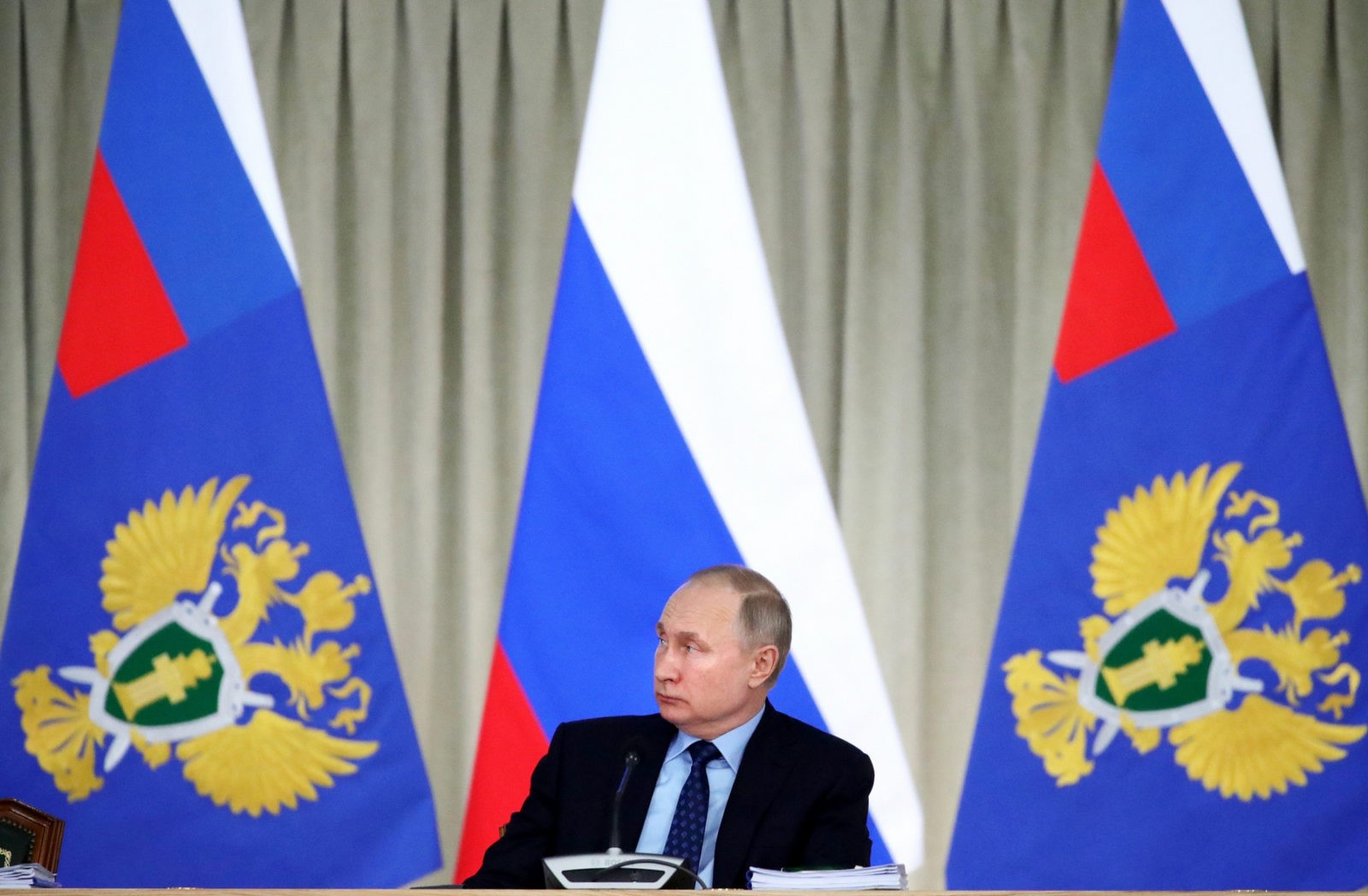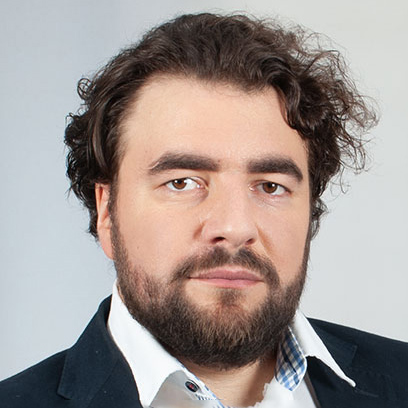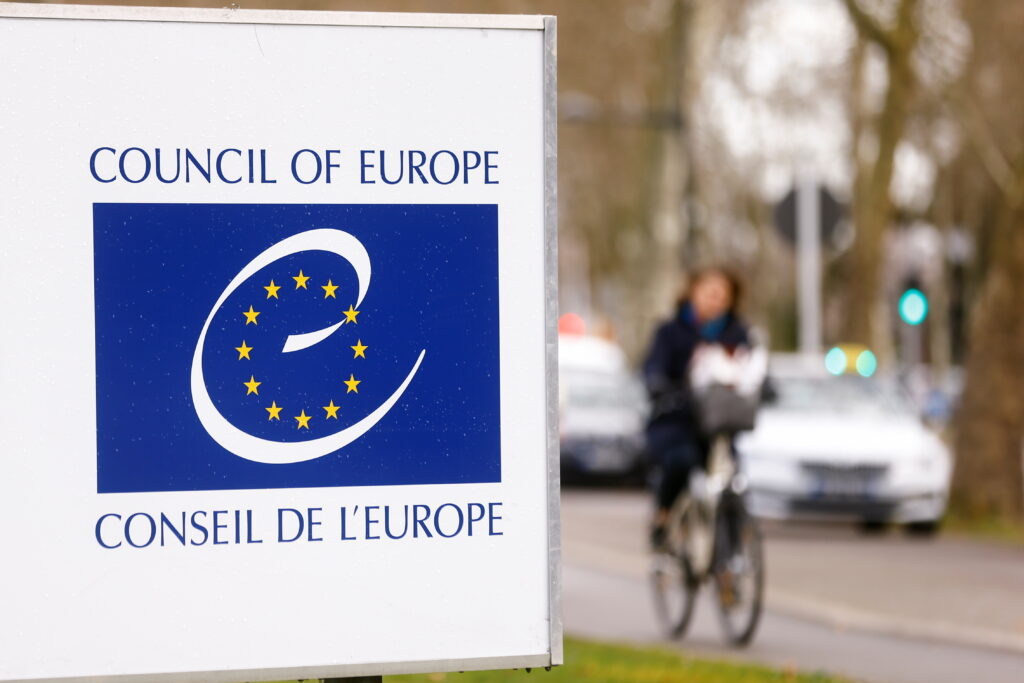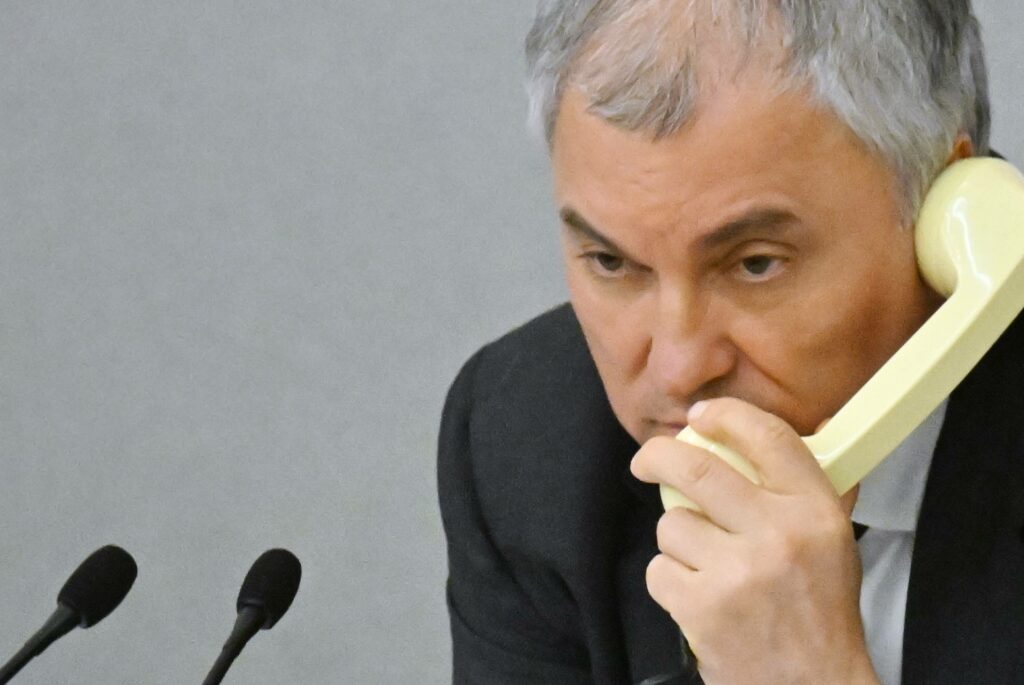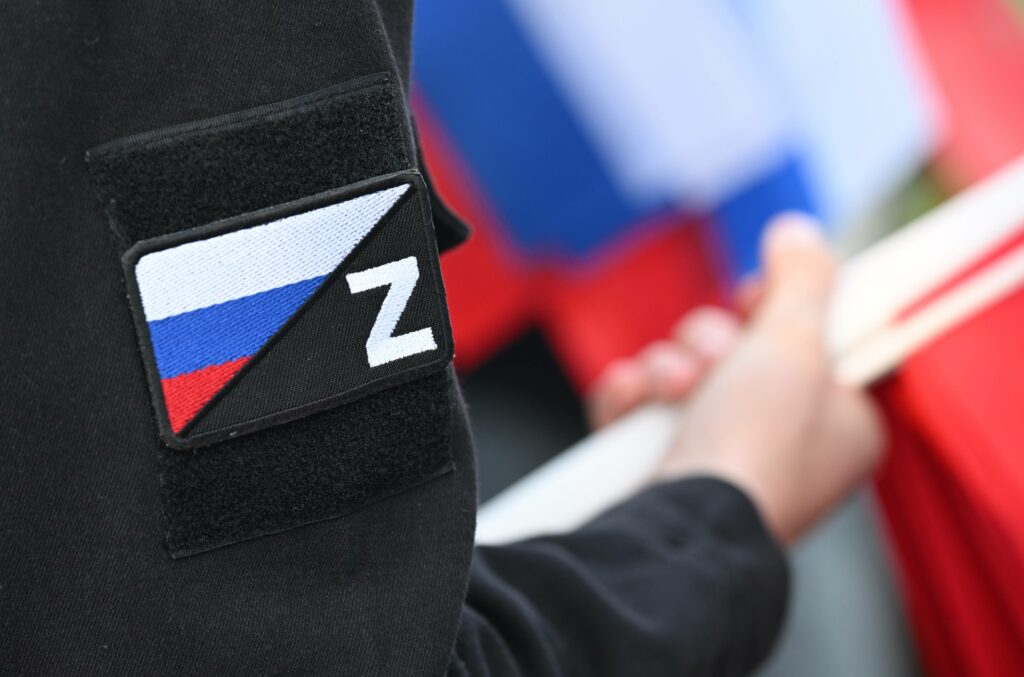A month and a half of dancing round the Russian Constitution — all for a simple scenario of Vladimir Putin preserving his own power. The Constitutional Court has formally acceded to a raft of drastic parliamentary amendments announced in January. So now, constitutionally, Putin will be able to rule Russia until 2036.
The amendments shallow basket
Approved by the State Duma on March 11 in the third reading before being sent to the Federation Council and then the president, the amendments can be divided into three packets. The first is technical amendments that expand the powers and rights of the president. The second is ideological, which in the future is likely to have a noticeable impact on life in the country, but is far from actual politics. And finally, the third group – social populist amendments, which will cost the budget dearly in the face of falling oil prices and the depreciation of the ruble. Separately, there is a “personal” amendment of Vladimir Putin, allowing him to run for president at least twice more after 2024.
There is no point discussing social amendments too much. Consolidating the compliance of the minimum wage in the Constitution with the living wage in the country is an empty action: statistics can be falsified. After all, the State Statistics Committee reports to the head of the Ministry of Economic Development. At a time when there will not be enough money in the budget, the authorities – instead of holding on to the minimum wage growth as before – would simply “freeze” the cost of living. The populist meaning of these amendments, designed to mask rather than make changes, should not be discounted. Those amendments will ultimately allow the authorities to achieve support from a significant part of the least socially protected population.
Ideological amendments have already been called the “political heritage” of Putin by the head of the Central Election Commission, Ella Pamfilova. These latest ones are the same smoke screen for accepted technical changes. At the same time, they are not a legacy; Putin has not yet declared his intention to leave and wants to the right to run for president after 2024. This is confirmed by his press secretary Dmitry Peskov. He said the president has changed his position on the number of terms due to the situation in the world around Russia. It turns out that Putin himself will inherit his own heritage, which sounds absurd.
Accordingly, this is not a heritage of the current president of Russia, but his ideological program. He intends to install it after the problem of retaining power for a new term is resolved. That is, not after 2024, but already from April 23, 2020. This plan is the classic formula of “besieged fortress Russia”. Strategically, this is a policy of mobilizing and further militarizing society based on the struggle against external and internal enemies. The hazy formulas of the new preamble to the Constitution will not be the basis for lawsuits against internal enemies. But this preamble will underpin laws and articles in the Administrative and Criminal Codes even in the current cadence of Putin.
The art of “nullifying”
This “nullification” is essentially a multiplication by zero in the sense that it zeroes out not only his past and current cadences, but also the restrictions that the Russian Constitution established against a possible usurping of power.
Of course, the basis of the 1993 law introduced super-presidential power in Russia. However, there were also instruments that allowed parliamentary opposition to exist in the country until 1999. In some cases, there were tools not to allow the president to force control bodies to subordinate. Evidence of this is not only the story of the resignation of Prosecutor General Yuri Skuratov. There were also the constant “riots” of the Accounts Chamber, as well as individual decisions of the Constitutional Court.
All this was taken into the account by Putin and his inner circle when changing the Constitution. The Federation Council in the past was the most rebellious institution to the authority of both Boris Yeltsin and Putin in the first year and a half of his presidency. Now, members of the Federation Council are appointed by the president and not delegated by regional authorities. The Council also receives “life-long senators”. The upper house of the Russian parliament finally becomes not a regional, but a presidential filter for any bills. It is there in case an influential and real opposition appears in the State Duma, instead of the current imitation.
Moreover, the Federation Council lost its authority to approve the Attorney General. Now, the senators will only hold consultations with the president about the candidates. A story like a refusal to dismiss Prosecutor General Skuratov is no longer destined to repeat itself.
As for the Constitutional Court, in the past the Russian president has taken the right to submit for the approval of the Federation Council the candidacy of its chairman. Under the new Constitution, the head of state receives the right to remove members of the Constitutional Court. Any disagreement with the president may cost them their post.
At the same time, the loyal and controlled Court itself turns into another filter for laws adopted by parliament. The Constitutional Court gets the right to declare if bills under discussion are contrary to the Constitution. In the case of the same insufficient loyalty to the president of the lower house of parliament, this will allow him to block any decision of the deputies by the hands of constitutional judges.
Leaky Constitutional Filter
The Constitutional Court could have theoretically blocked the president’s constitutional initiatives even before they were adopted and put to the so-called “popular vote.” It had enough reasons for this. The “popular vote” itself is not a constitutional procedure; it is not spelled out anywhere and it replaces both a referendum and the second possible institution for revising the Constitution — the constitutional assembly.
Amendments of the constitutional powers of the president, the Federation Council and the Constitutional Court itself could have been recognized as not complying with the provisions of chapters 1,2 and 9 of the Constitution. And the consolidation of the State Council in the Constitution is the creation of a new authority, which requires amendments precisely to these articles. But this did not happen: the Constitutional Court has confirmed the constitutionality of all key amendments in a report that is detailed but far from legal coherence.
The Constitutional Court also had a second opportunity. Namely, to declare the procedure for the entry into force of these amendments to be incompatible with the Constitution. It did do that either.
The judges, in their conclusion, pretended to separately consider the merits of the so-called “Tereshkova amendment”. This one resets the terms of the presidency for Vladimir Putin, and at the same time, by the way, for Dmitry Medvedev. In this case, a detailed analysis was not carried out into whether the “nullifying” of the terms follow articles 1,2 and 9 of the Constitution. Formally, the amendment is introduced to the third part of the first paragraph of Article 81 of the Constitution.
The judges or those with whom they coordinate their decision in the Kremlin have considered it possible to write that the basic constitutional characteristics of the state should not suffer from these changes. The new Constitution violates the principles of separation of powers and goes against its nature. That the Constitutional Court deemed it necessary to note that the Russian state is protected from possible usurpation of power by an “eternal” president with “developed parliamentarism, real multi-party system, political competition, an effective model of separation of powers” looks particularly funny.
After the decision of the Constitutional Court, the only – and rather conditional – obstacle to a sharp increase in the power of Vladimir Putin remains the popular vote.
All-Russian Constitutional “parade”
The April 22 vote, which many see as a mere formality, is actually more important than what they say. On the one hand, under the law of this unconstitutional electoral event, a “popular vote” will take place at any turnout. It is in the interests of the authorities for the turnout not to be too high for the comparative weight of the “administrative”, voluntary-compulsory voting to be as significant as possible. For example, the turnout of about 50% with the level of support for the new Constitution (or a package of constitutional amendments, as the authorities call it) about 75% of the total number of voters would be ideal. The Kremlin is sending out roughly such orders, as the independent press writes, to the regions. With such a turnout, those 25% who, according to the Levada Center are already ready to support the amendments, will be quite enough. With small administrative frauds and they will turn it into if not 75%, then certainly 70% of support.
However, with the mass appearance of Russians at polling stations, the situation changes. Votes received as a result of the “administrative” vote of state employees, military, officials and pensioners are rapidly “blurring” and the final result is falling. Of course, the authorities can correct this situation with the help of a massive use of administrative resources. But the scale of falsifications in this case may turn out to be such that they cannot be hidden. This will cause an increase in opposition moods in society. The Kremlin would prefer to avoid this.
It is possible the authorities have already launched an operation to counter the scenario of mass participation of citizens in the vote. For example, by the decision of the Tagansky court of the city of Moscow, where Roskomnadzor closed access to the site of the “No!” public campaign. That arose as a reaction to the actions of the authorities, which opposition and civil activists saw as a constitutional coup. With the dispersal of a protest rally in Moscow on Lubyanka, police pressure on human rights defenders and the opposition protesting against political repression begins to gain strength. Direct opponents of the “nullification” of previous and current cadences of Vladimir Putin were actually banned from holding any mass events in connection with the spread of the coronavirus in Russia. Finally, in connection with the pandemic, a discussion began on the possible cancellation, modification or postponement of the “popular vote”. It is possible the authorities already prefer one of these scenarios to avoid the potential failure of a plebiscite.
Putin forever?
The hard pushing through of constitutional amendments does not mean that Putin decided to be re-elected at any cost in 2024. Rather, he wants to have free hands and can still resign altogether, transferring power to his successor, or, for example, to head the State Council. Yet the likelihood of such decisions has lowered. Too many powers will concentrated in the hands of the new president, no matter what post Putin takes. Judging by the rapid resignation of Dmitry Medvedev from the post of head of government, the current Russian leader can no longer trust anyone. Perhaps due to the progressive “professional experience” of a former intelligence officer.
